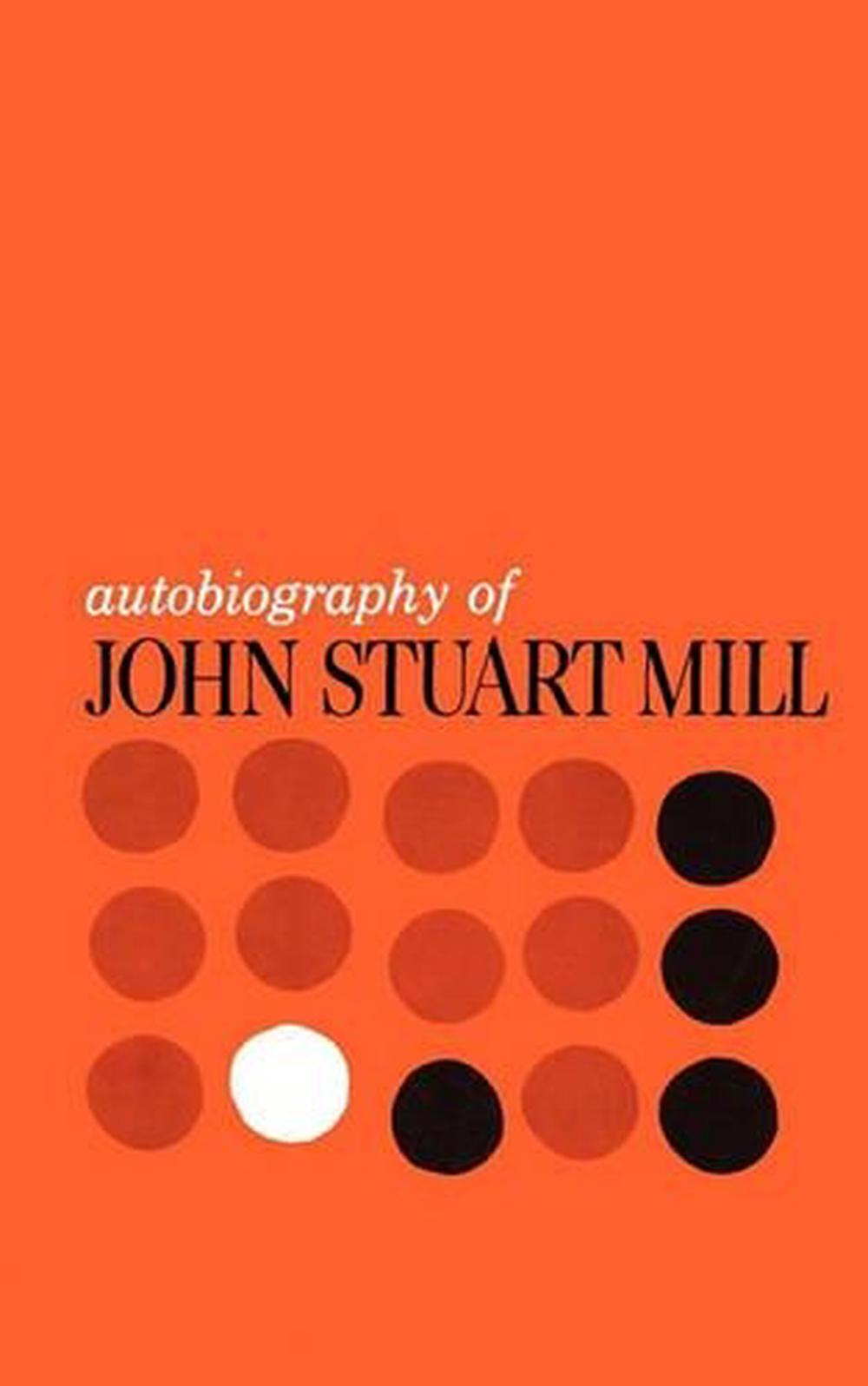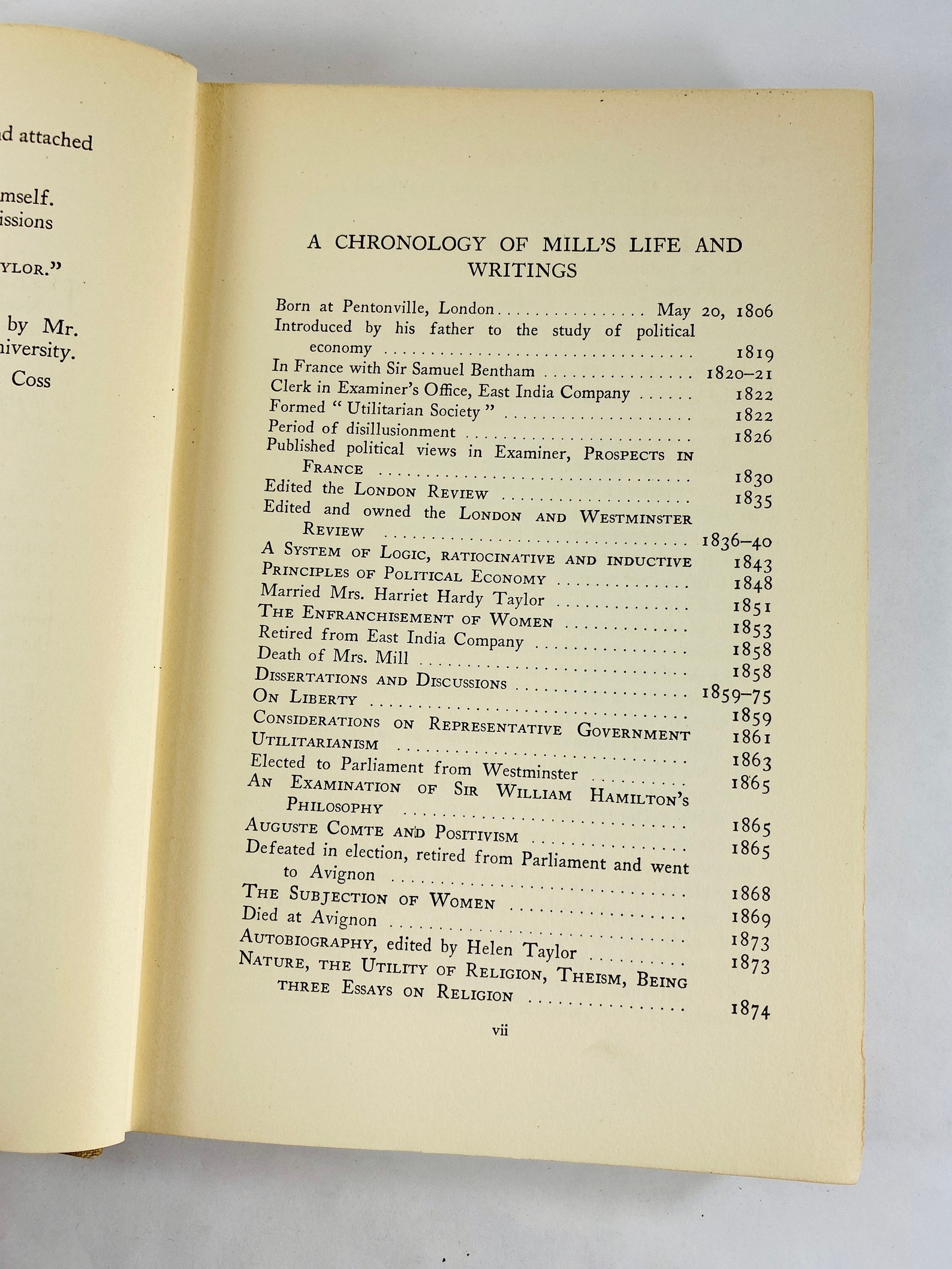


Having thus established the terms of a contract with his potential audience. But there are, he says, other reasons that justify the publication of the record: first, a description of his “unusual and remarkable” education should be useful in showing how much can effectively be taught to children second, an account of the successive phases of a mind always eager and open will be “both of interest and of benefit” in “an age of transition in opinions” and, finally, and to the author most significantly (though, as he does not point out, without direct public utility), an acknowledgment of his intellectual and moral debts is necessary to satisfy his sense of duty. He cannot imagine that anything in a life “so uneventful” could be “interesting to the public as a narrative, or as being connected” with himself. Mill helps us avoid this danger by presenting, in the first paragraph of his Autobiography, a warning that serves as an enticing framework for his overt statement of purpose. Yet to ignore the author’s intentions is to run the risk of confusing, for example, confession with self-celebration, or diary with social anatomy. In particular, one finds specific evidence of aesthetic enthusiasm and taste, and of friendships and allegiances, that proves him not to have been the chill pedant of caricature.Īutobiographies are seldom explicit about their purposes, which can be widely diverse. Indeed they allow us, as does the Autobiography, to see aspects of his character that are obscured in the more magisterial works.

Those gathered under the rubric of literary essays were decided upon because autobiography is a literary genre, because these essays cast light on some of the personal relations outlined in the memoir, and because they derive from and help us understand a period Mill saw as crucial to his development. Indeed Mill himself, thinking of a smaller collection of essays, suggested to his wife that “the Life” should appear “at their head.” 1 The Autobiography’s comprehensiveness makes the choice of other materials to accompany it less obvious. It is therefore fitting that it should occupy the first place in an edition of his collected works.

John stuart mill’s Autobiography offers details of his life, a subjective judgment as to its significance, and lengthy expositions of his leading ideas. No part of this material may be reproduced in any form or medium without the permission of The University of Toronto Press. Works is published under licence from the copyright holder, The University of Toronto Press. Press, London: Routledge and Kegan Paul, 1981).Ĭopyright Statement: The online edition of the Collected Jack Stillinger, introduction by Lord Robbins (Toronto: University of Toronto Volume I - Autobiography and Literary Essays, ed. Source: Editor's introduction to The Collected Works of John Stuart Mill,


 0 kommentar(er)
0 kommentar(er)
